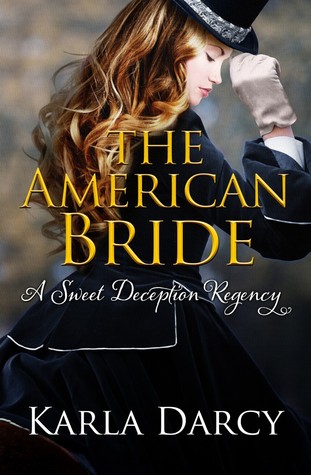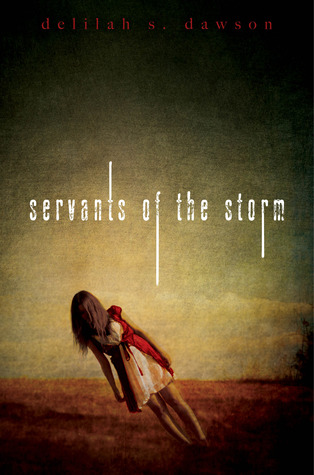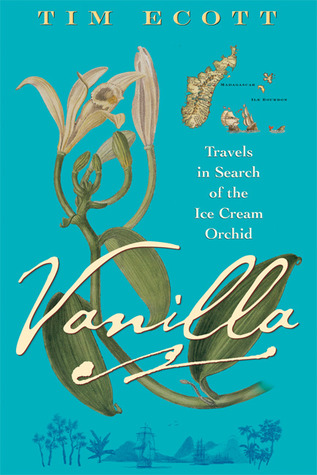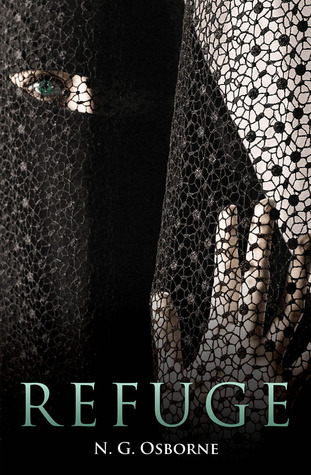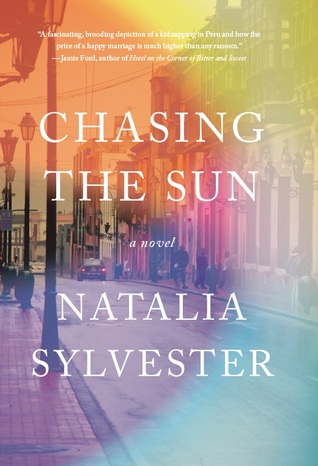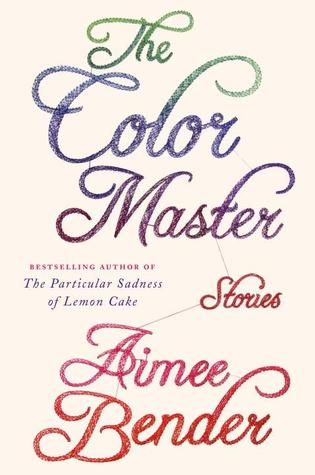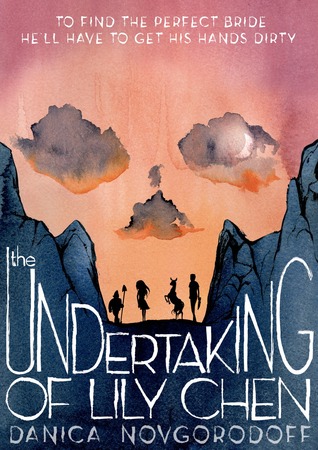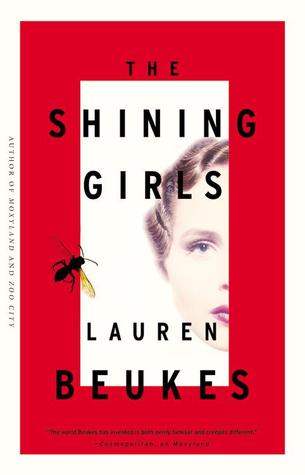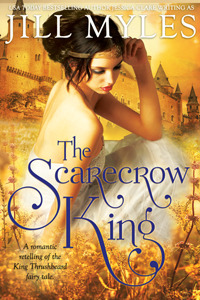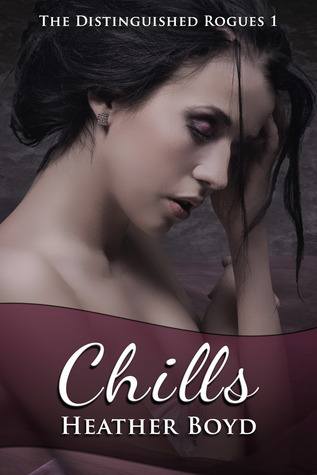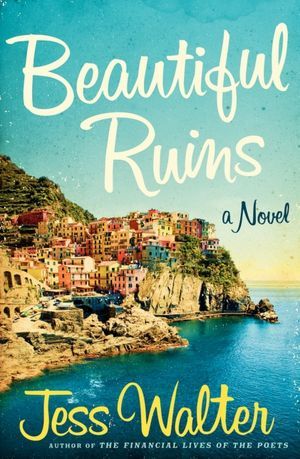
Enchantress is one of those books that I feel had awesome potential but didn't quite live up to it. It took a long time for me to get into the story; I found the writing fairly juvenile, the characters flat, and the comma use fairly abysmal, considering that this is supposed to be a professionally-published book. (Though 47North is an Amazon imprint, so I'm skeptical of how much work they actually put into the books they publish.) I'm glad I soldiered through, because there was a great story lurking in the background involving a pair of siblings, one who wants to be an enchantress and one who wants to be a bladesinger, and the conflict in which they find themselves embroiled, but ultimately Maxwell just kept doing things that would jar me out of the tale and leave me going, "Wait, what?" Here are some examples:
-Ella makes a terrible, foolish decision that has terrible results, and yet she is only nominally punished for it; she isn't expelled from the enchanters' school, all of classmates and teachers continue to adore her, and she gets the school's most prestigious award despite her actions.
-Maxwell alternates between info-dumping on things that aren't really interesting, like politics, and not fleshing out aspects of the story which would be interesting, like the Dunfolk, the different types of magic, etc.
-Characters appear out of nowhere, and we are expected to develop emotional connections to them on the basis of two or three pages, before they vanish, are killed off, or otherwise exit stage right and are never seen again. Other characters' loyalties and motivations seem to switch between different factions and emotions with little rhyme or reason behind the changes.
-There seems to be some discrepancy with the internal "rating" of this book. For example, Maxwell includes a fairly detailed sexual encounter early in the book, as well as a near-rape scene and some gruesome battles, but the "wrack" (which should probably be "rack") punishment/torture session is self-censored, which seemed odd when it could have greatly helped the development of Ella's character. As it was, she came off seeming completely unaffected by that incident, and it did nothing to mature her as a person.
-Maxwell dabbled with elements of a lot of books I liked; a city of bridges, like in Bitterblue, a magical academy much like in Harry Potter, A College of Magics, or The Name of the Wind, an imposing empire poised to take away the freedom of other territories similar to The Ropemaker, and fantasy desert tribes like The Woman Who Rides Like a Man, but never really tied these together into what felt like a rich, cohesive whole, and instead spent too much time jumping between elements, trying to cram in too many plotlines that were never fully developed or explored.
-Armor and swords that requires constant singing to make them useful doesn't actually seem very useful at all, especially when this "needs to be sung about to work" quality isn't used consistently.
-The story strongly relies on the concept of different "houses" that practice different types of magic, but all of the types actually feel the same, with no clear distinctions made between them. Essence, the source of magic, can't be used on living things, only inanimate objects, so there doesn't seem to be a reason that one group of people can enchant a wall and another group can enchant a shield, but they can't switch objects. Additionally, despite it being repeatedly hammered on that essence can't be used on (most) living things without horrible consequences, one house can apparently make trees come to life, move around, and even fight battles without said consequences making an appearance.
-A better place to break the book would have been when Ella joined up with the desert clans and Miro fought his big battle; after these points, the book had a much different feel to it that would have suited the beginning of a second book more than the ending of a first one.
I might pick up The Hidden Relic, the second book in this series, but I'm not sure quite yet. If I do, I hope to find that Maxwell's writing has matured some and the flaws that were so jarring in Enchantress are lessened or eliminated in The Hidden Relic.


